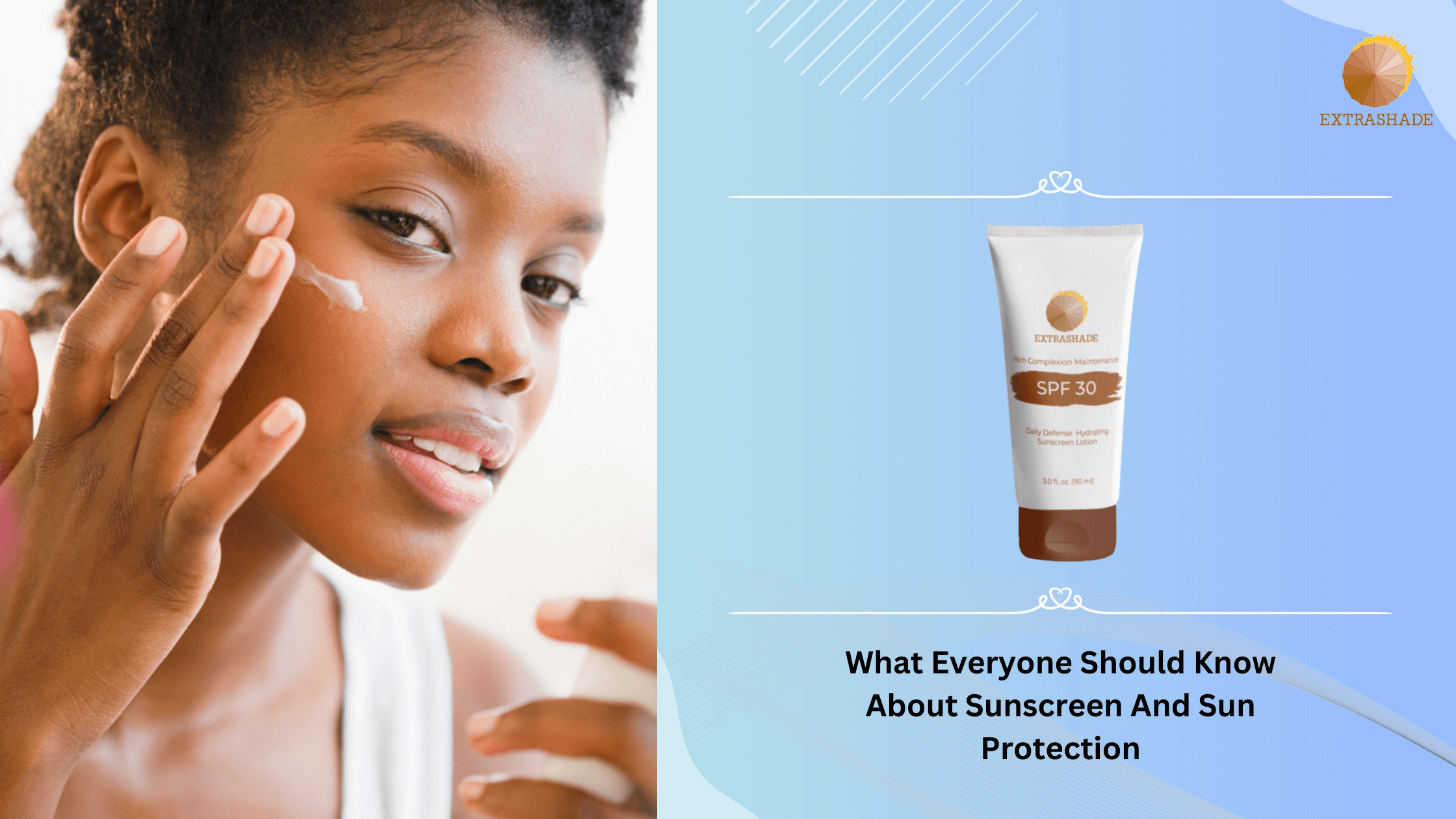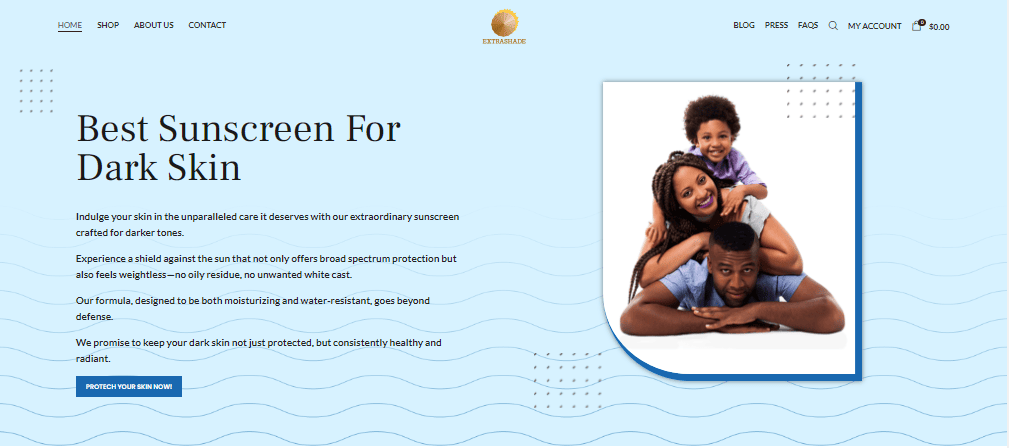Sun’s out, but your skin needs protection out too! We all love soaking up the sunshine, but what we might not realize is the sun’s harmful rays can damage our skin in the long run.
This guide will break down everything you need to know about sunscreen and sun protection – from understanding SPF to reapplication tips. By following these simple steps, you can enjoy the outdoors safely and keep your skin healthy for years to come. So, without further ado, let’s dig deeper.
Why Sunscreen is Important?
Sunscreen is important for several reasons:
I. Protection against skin cancer
Exposure to ultraviolet (UV) radiation from the sun is the primary cause of skin cancer, including melanoma, the most dangerous form of skin cancer. Sunscreen helps block harmful UV rays, reducing the risk of skin cancer.
II. Prevention of premature aging
UV radiation from the sun can cause premature aging of the skin, leading to wrinkles, age spots, and a leathery texture. Sunscreen helps protect against these UV-induced signs of aging.
III. Defense against sunburns
Sunburns are a sign of skin damage from overexposure to UV rays. Sunscreen helps prevent painful sunburns, which can increase the risk of skin cancer and accelerate skin aging.
IV. Protection for sensitive skin
People with fair skin, freckles, or certain medical conditions may be more sensitive to UV radiation. Sunscreen provides an extra layer of protection for those with sensitive skin.
V. Broad-spectrum protection
Some sunscreens offer broad-spectrum protection, meaning they protect against both UVA and UVB rays. UVA rays are responsible for skin aging, while UVB rays cause sunburns.
Things Everyone Should Know about Sunscreen and Sun Protection
Here are some important things everyone should know about sunscreen and sun protection:
1. Use Sunscreen Every Day
Ultraviolet (UV) rays from the sun can cause skin damage, premature aging, and skin cancer. Dermatologists recommend using a broad-spectrum sunscreen with an SPF (Sun Protection Factor) of at least 30 every day, even when it’s cloudy or you’re indoors.
2. Apply Enough Sunscreen
Most people do not apply enough sunscreen. You should use about one ounce (a shot glass full) of sunscreen to cover your entire body. Reapply every two hours or more frequently if you’re swimming or sweating.
3. Understand SPF
SPF measures protection against UVB rays, which cause sunburn. However, it’s also important to look for sunscreens that protect against UVA rays, which contribute to skin aging and cancer. Look for “broad-spectrum” or “UVA/UVB protection” on the label.
4. Check Expiration Dates
Sunscreens have a shelf life and can become less effective over time. Check the expiration date and replace any expired sunscreen products.
5. Seek Shade
While sunscreen is essential, it’s also important to seek shade whenever possible, especially between 10 a.m. and 4 p.m. when the sun’s rays are strongest.
6. Wear Protective Clothing
Clothing, hats, and sunglasses can provide additional protection from the sun’s harmful rays. Look for tightly-woven fabrics and UV-blocking sunglasses.
7. Avoid Tanning Beds
Tanning beds emit harmful UV rays that can increase the risk of skin cancer. It’s best to avoid them altogether.
8. Check Your Skin Regularly
Perform regular self-exams and see a dermatologist for professional skin checks to detect any abnormalities or potential skin cancers early.
Conclusion
Incorporating sun protection into your routine is an investment in your future health. By understanding sun safety and using sunscreen effectively, you can significantly reduce your risk of sunburn, premature aging, and even skin cancer. So, the next time you head outside, remember: a little sun sense goes a long way.




